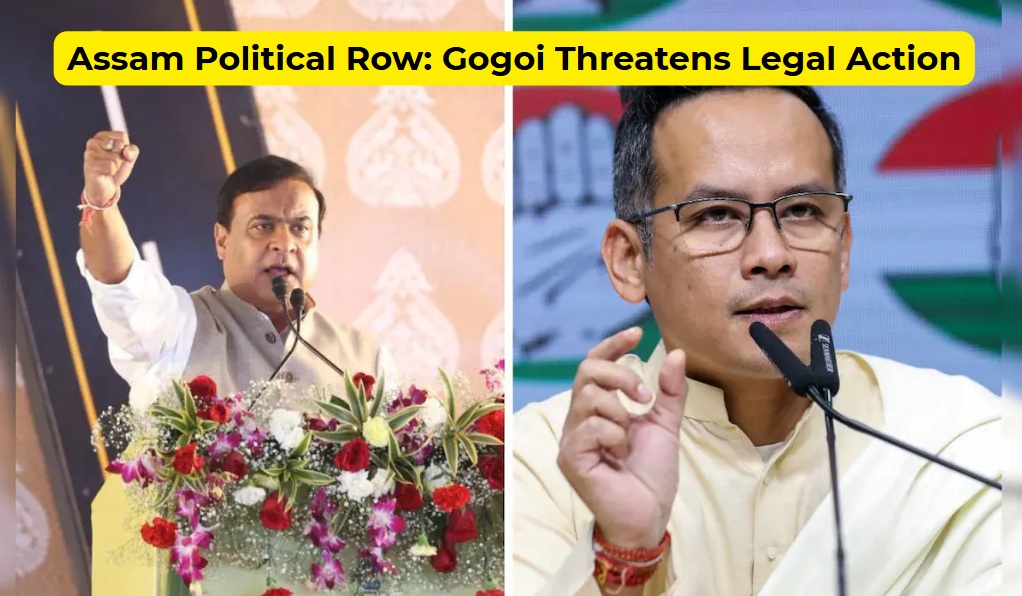On the brink of America’s newly elected President Donald Trump’s inauguration on January 20, startling news broke that Nathan Anderson, the founder of Hindenburg Research, had announced the abrupt closure of the company. This unexpected development has sent shockwaves globally, with reactions ranging from astonishment to satisfaction. The announcement has raised many questions about the firm’s controversial operations, particularly its high-profile allegations against Indian conglomerate Adani Group and its broader implications for international relations.
Hindenburg’s Controversial Legacy
Founded in 2017, Hindenburg Research gained prominence as a short-selling firm specializing in publishing investigative reports on alleged corporate misconduct. The firm’s popularity surged in India when it released a damning report accusing the Adani Group of fraud, triggering significant financial losses and political upheaval. The report led to market volatility, affecting thousands of small investors and disrupting India’s economic stability.
While the firm positioned itself as a crusader for financial transparency, critics have frequently questioned its motivations, alleging that its reports often served the financial interests of its backers rather than the public good.
The Timing of the Closure
The timing of Hindenburg’s shutdown, just days before Trump’s return to the White House, has fueled speculation. Republican Congressman Lance Gooden, a member of the House Judiciary Committee, recently requested the U.S. Department of Justice to preserve all records related to the Adani case. He also questioned the “selective prosecution” of the Adani Group and hinted at potential foreign influence in orchestrating the controversy.
Such developments suggest that Hindenburg may have faced increasing scrutiny under the incoming administration, which is expected to adopt a hardline stance on issues involving foreign interference and financial misconduct. This could explain the firm’s sudden decision to cease operations.
Allegations of a Broader Conspiracy
The closure has reignited allegations of a larger conspiracy involving influential global figures. One prominent claim links Hindenburg to George Soros, a billionaire known for funding progressive causes worldwide. Critics argue that Soros-backed entities have actively worked to undermine India’s image on the global stage.
Further allegations have surfaced about Mark Kingdon, the owner of Kingdom Capital, a significant investor in Hindenburg Research. Reports suggest that Kingdon’s wife, Elana Chang, has ties to pro-China initiatives, fueling suspicions of coordinated efforts to destabilize key economies like India. Chang’s association with the media organization SupChina, which has been accused of advancing Chinese interests, has added another layer of intrigue to the controversy.
Impact on India and Global Relations
Hindenburg’s report on the Adani Group not only caused economic losses but also led to significant political turmoil in India. Opposition parties used the report to target the ruling government, disrupting multiple sessions of Parliament and triggering intense debates in the media. The controversy dented India’s reputation as a stable investment destination, with critics accusing Hindenburg of deliberately tarnishing the nation’s image for profit.
Prime Minister Narendra Modi’s government has consistently defended the Adani Group, framing the controversy as a politically motivated attack against India. The ruling party has also alleged that domestic opposition figures, such as Rahul Gandhi, colluded with foreign entities to defame India.
Donald Trump’s Role
Donald Trump’s administration has historically maintained a strong relationship with India. As the new administration prepares to take office, it has signaled a zero-tolerance policy toward foreign interference in domestic and international affairs. Trump’s allies have publicly criticized entities linked to George Soros and other global actors suspected of undermining democratic institutions.
The closure of Hindenburg Research can be seen as part of a broader crackdown on perceived anti-American and anti-ally activities. Trump’s administration is expected to investigate the firm’s role in targeting the Adani Group and examine its financial backers’ motives and connections.
Unanswered Questions and Future Implications
The sudden shutdown of Hindenburg Research leaves many unanswered questions. Was the firm genuinely motivated by a commitment to financial transparency, or was it part of a larger agenda driven by vested interests? How deep do the alleged connections to global influencers like George Soros and Chinese-backed initiatives run? And most importantly, who will be held accountable for the economic and reputational damage caused by its reports?
In India, the controversy has reignited debates about media ethics, corporate accountability, and the role of foreign influence in domestic politics. Meanwhile, globally, it underscores the challenges of navigating the complex interplay between finance, politics, and media in an increasingly interconnected world.
Hindenburg Research’s closure marks the end of a controversial chapter in global financial history. While the firm’s critics may celebrate its demise, its legacy serves as a reminder of the power and potential pitfalls of investigative financial journalism. As the world watches the unfolding of Donald Trump’s presidency, the implications of Hindenburg’s actions and the motivations behind its closure will likely remain a topic of intense scrutiny and debate.





